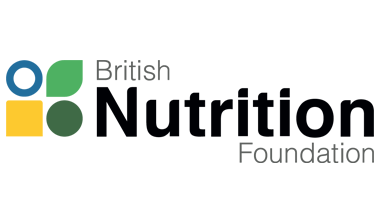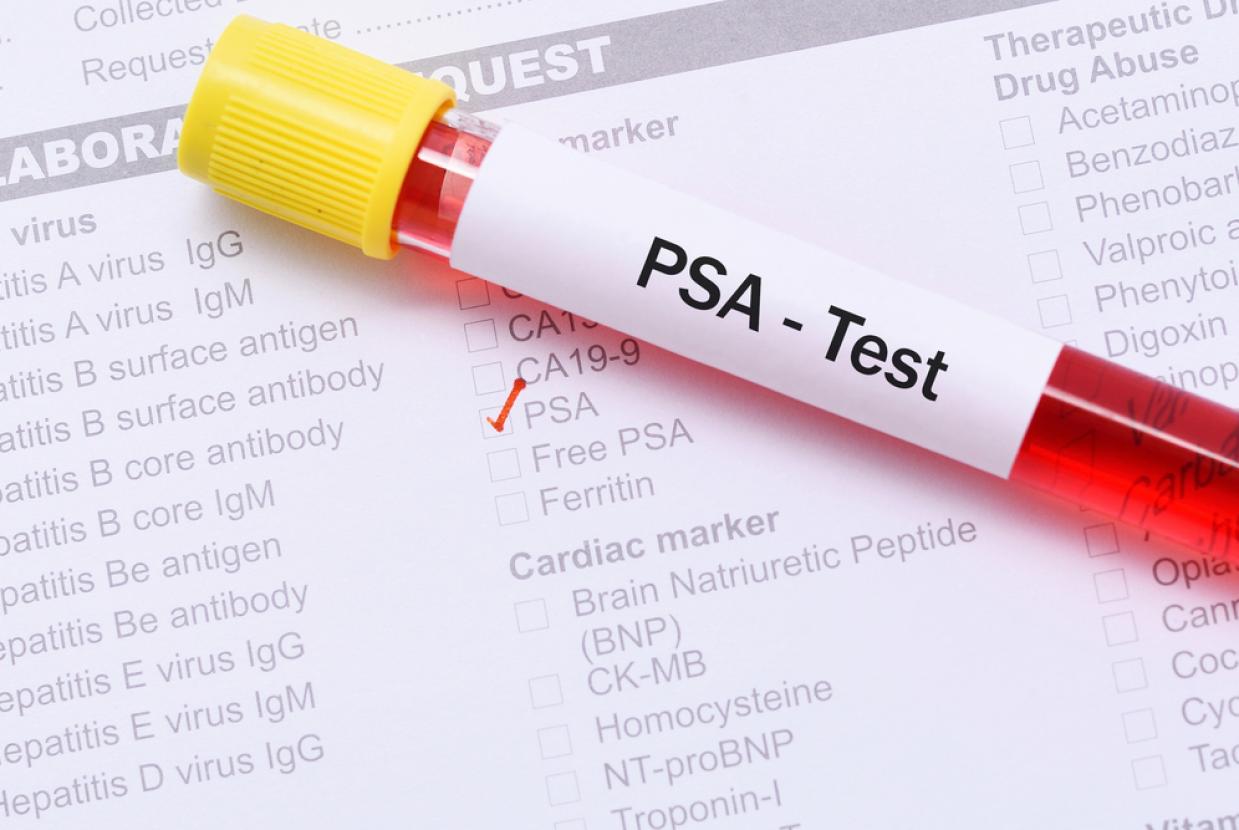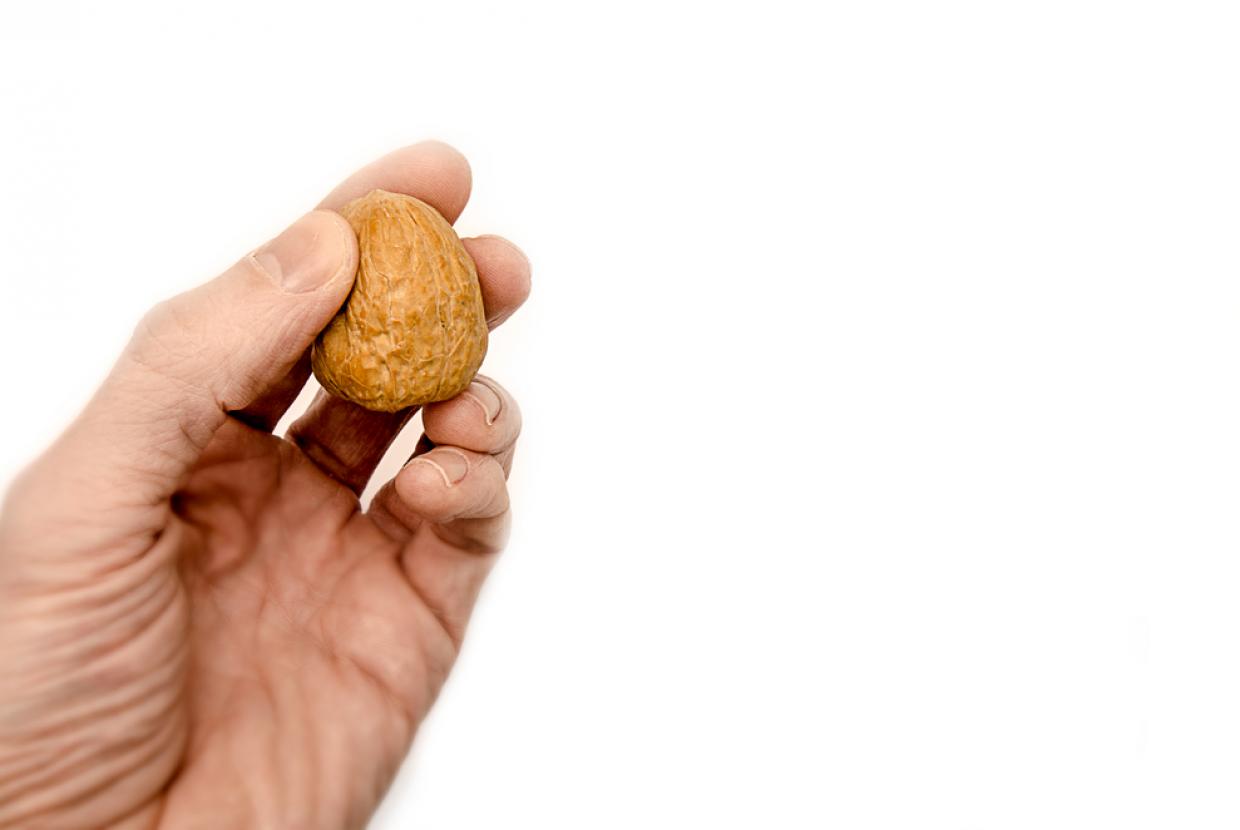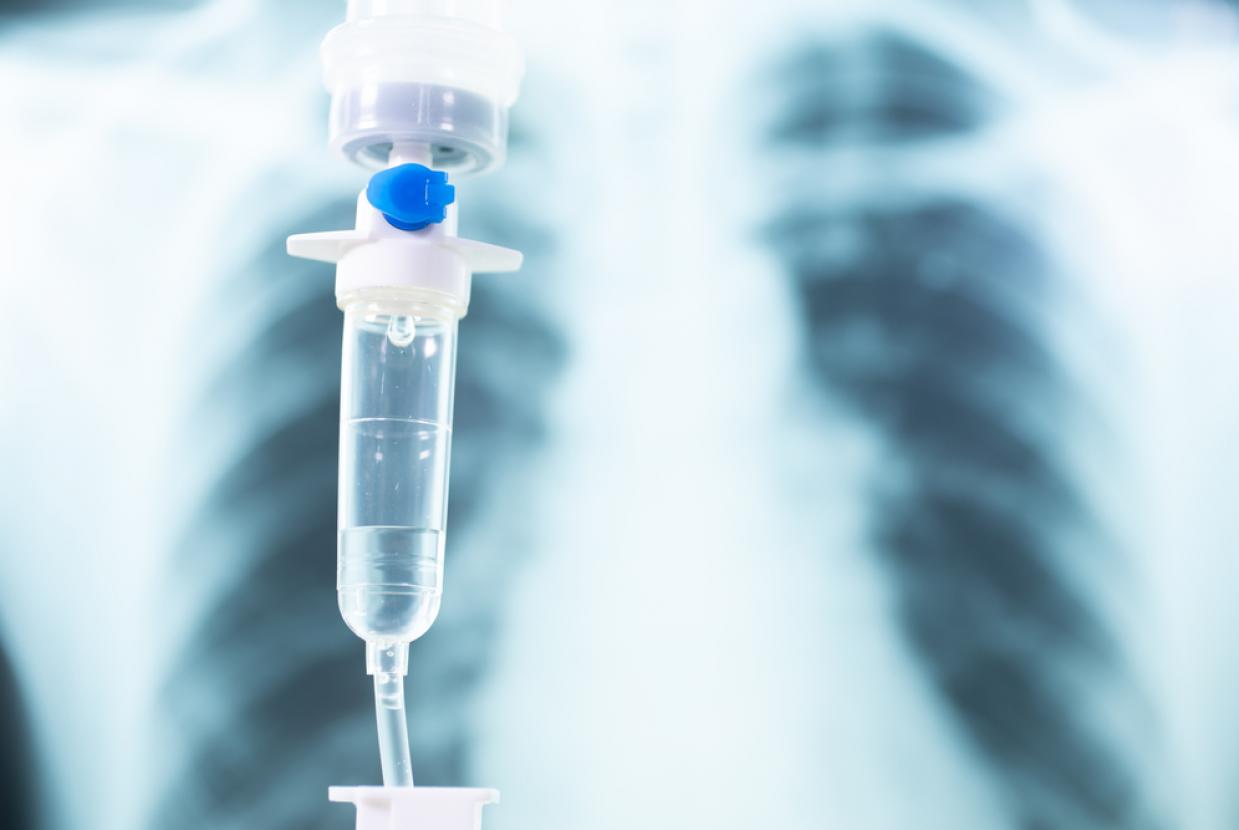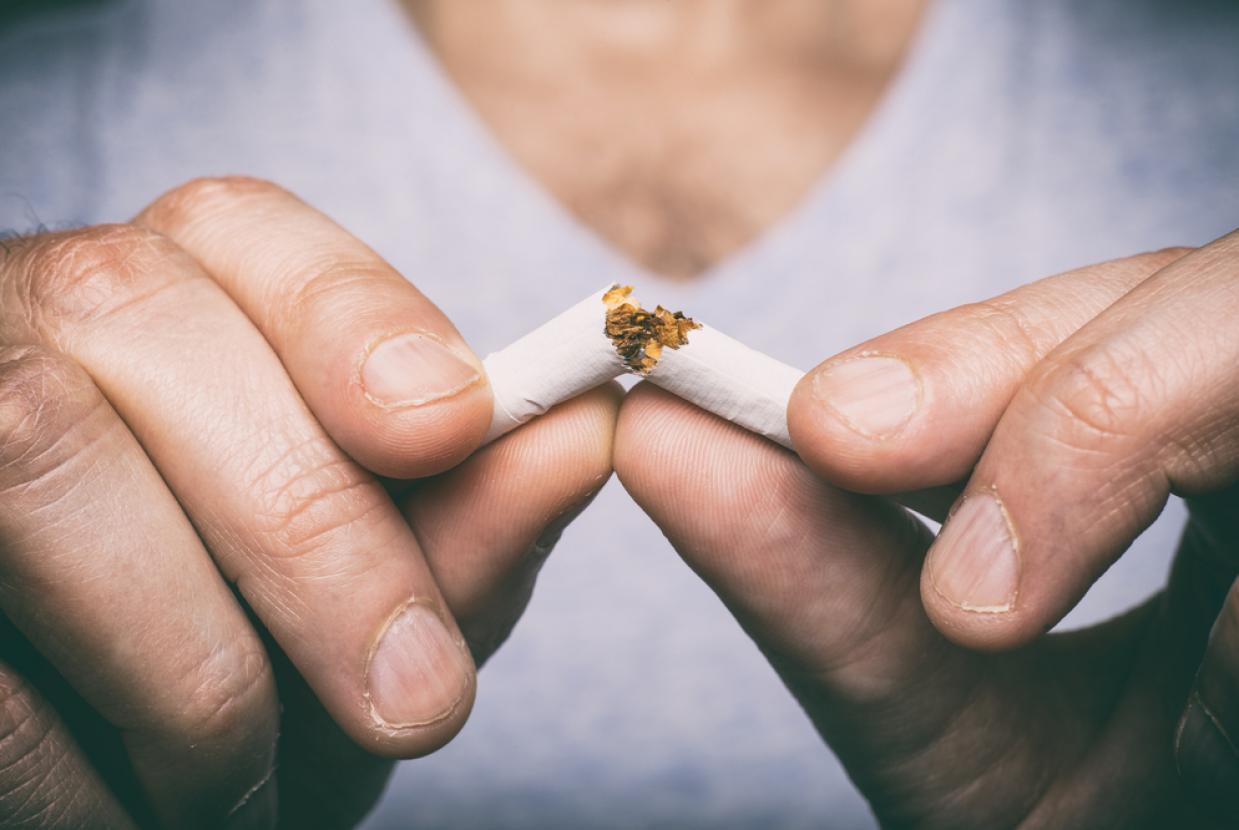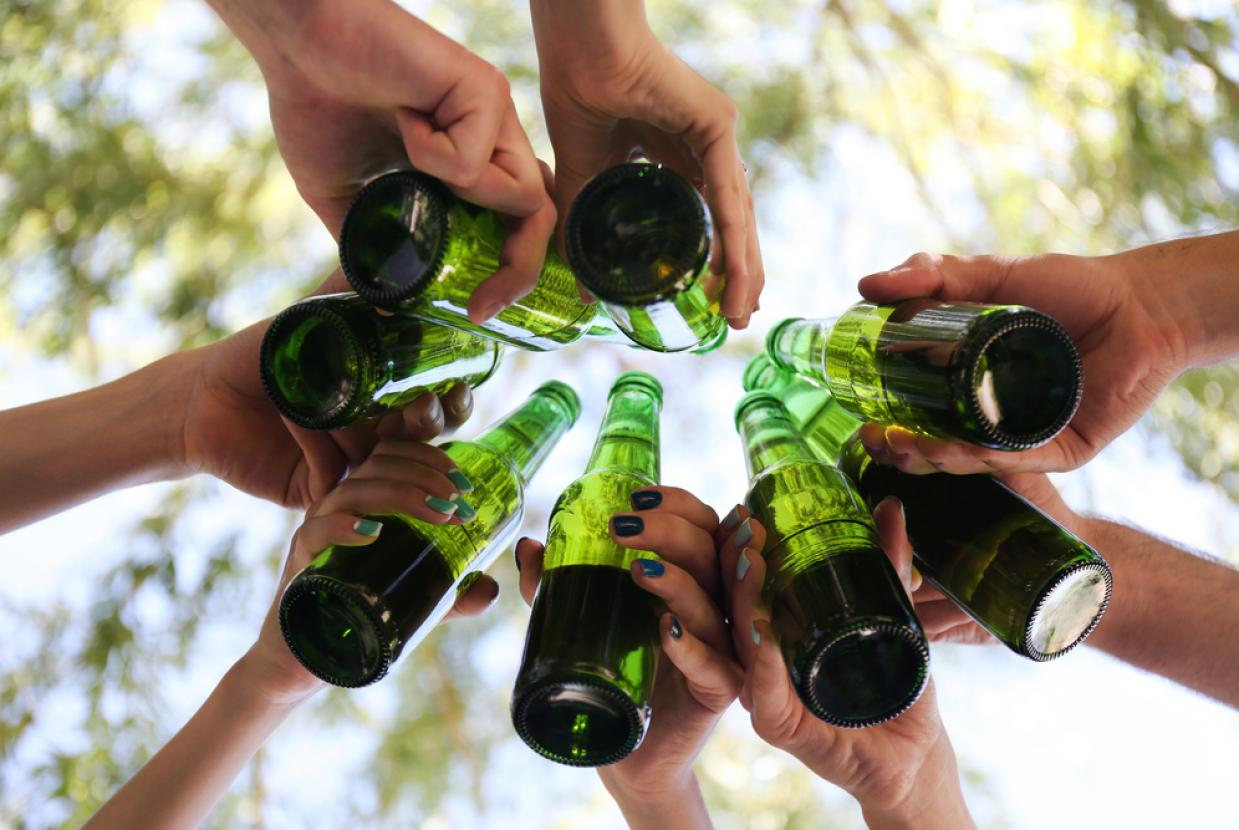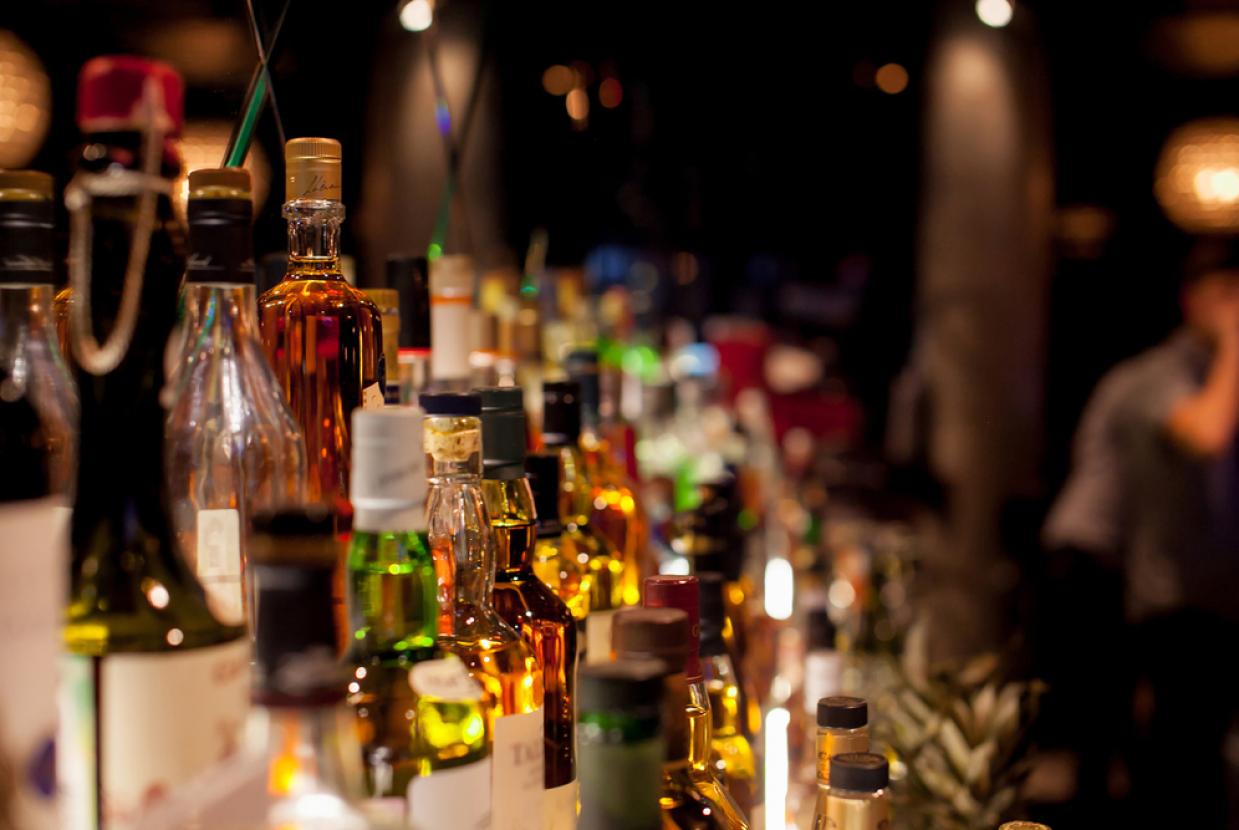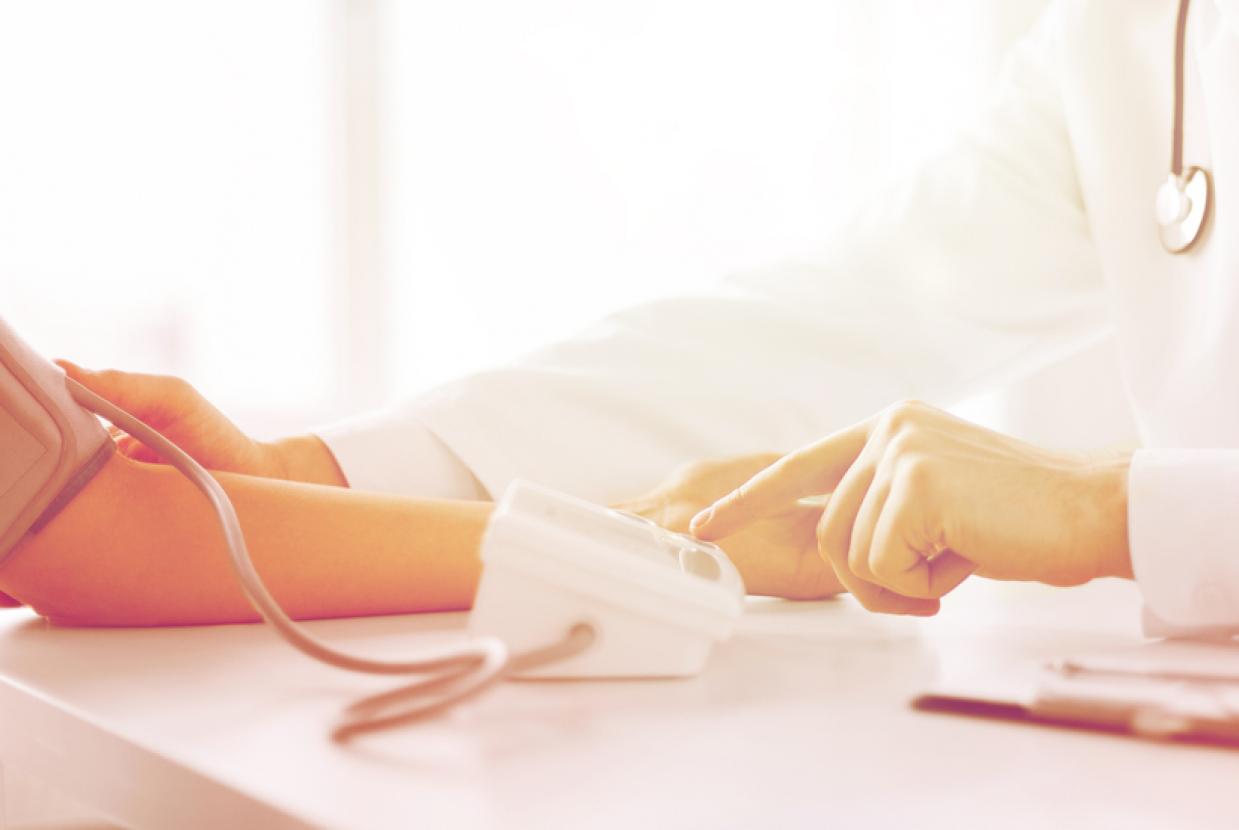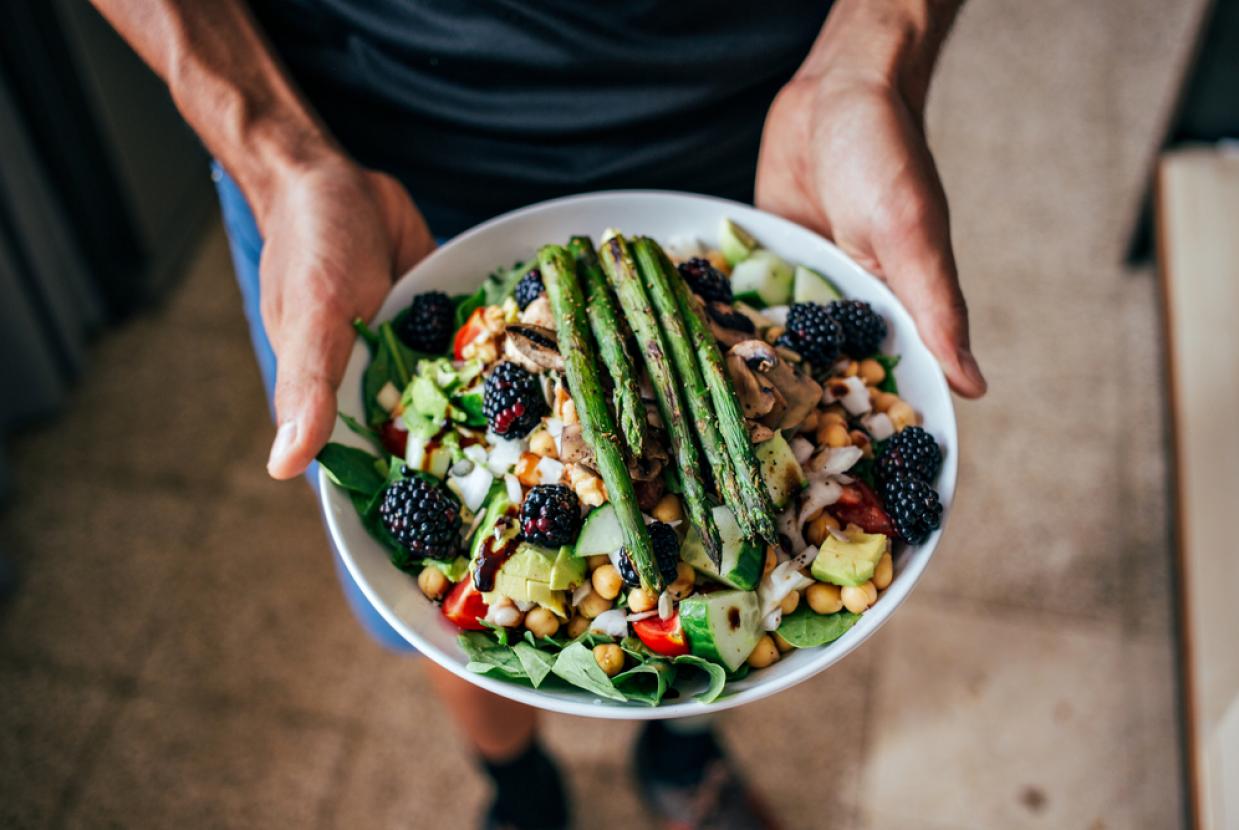Alcohol Intake In Men
Regularly drinking more than 14 units a week risks damaging your health and can contribute to increased risk of:
- cancers of the mouth and throat
- heart disease and stroke
- liver disease
- brain damage
- damage to the nervous system
Alcohol is also associated with mental health problems, such as depression and anxiety. The Royal College of Psychiatrists reports on the connection between depression and alcohol, looking at two ways it may work:
- you regularly drink too much including (including ‘binge drinking’) which makes you feel depressed OR
- you drink to relieve anxiety or depression.
and states that either way:
- Alcohol affects the chemistry of the brain, increasing the risk of depression.
- Hangovers can create a cycle of waking up feeling ill, anxious, jittery and guilty.
- Life gets depressing – arguments with family or friends, trouble at work, memory and sexual problems.
2016 government guidance advises that:
- To keep health risks from drinking alcohol to a low level you are safest not regularly drinking more than 14 units per week for both men and women.
- If you do drink as much as 14 units per week, it is best to spread this evenly over three days or more (rather than having one or two heavy drinking sessions).
- If you wish to cut down the amount you're drinking, a good way to achieve this is to have several alcohol-free days each week.
To help keep health risks low we should try to:
- Limit the total amount of alcohol drunk on any one occasion.
- Drink more slowly, with food and alternate with water.
Units
A unit is about half a pint of beer, lager or cider, or a single measure of spirits.
Data from 2014 Health Survey for England of around 8000 adults estimates that on average men over the age of 16 years consume 16.8 units of alcohol per week whereas women consume 8.8 units. In men who took part in the survey, 14% were classified as frequent drinkers (those who drank alcohol on at least 5 days in the week before being interviewed), compared to 8% of women.
Alcoholic drinks also contain a surprising amount of calories. Here are a few examples:
- A pint of beer, lager and cider contains about 200kcal.
- One medium-sized (175ml) glass of wine contains 125kcal.
- One bottle of wine contains 500kcal or more.
- A vodka and mixer or gin and tonic is 120kcal.
To help you reduce the amount of alcohol you drink, try drinking lower strength drinks, drinking half pints instead of pints, or alternating drinks with low or non-alcoholic drinks.



